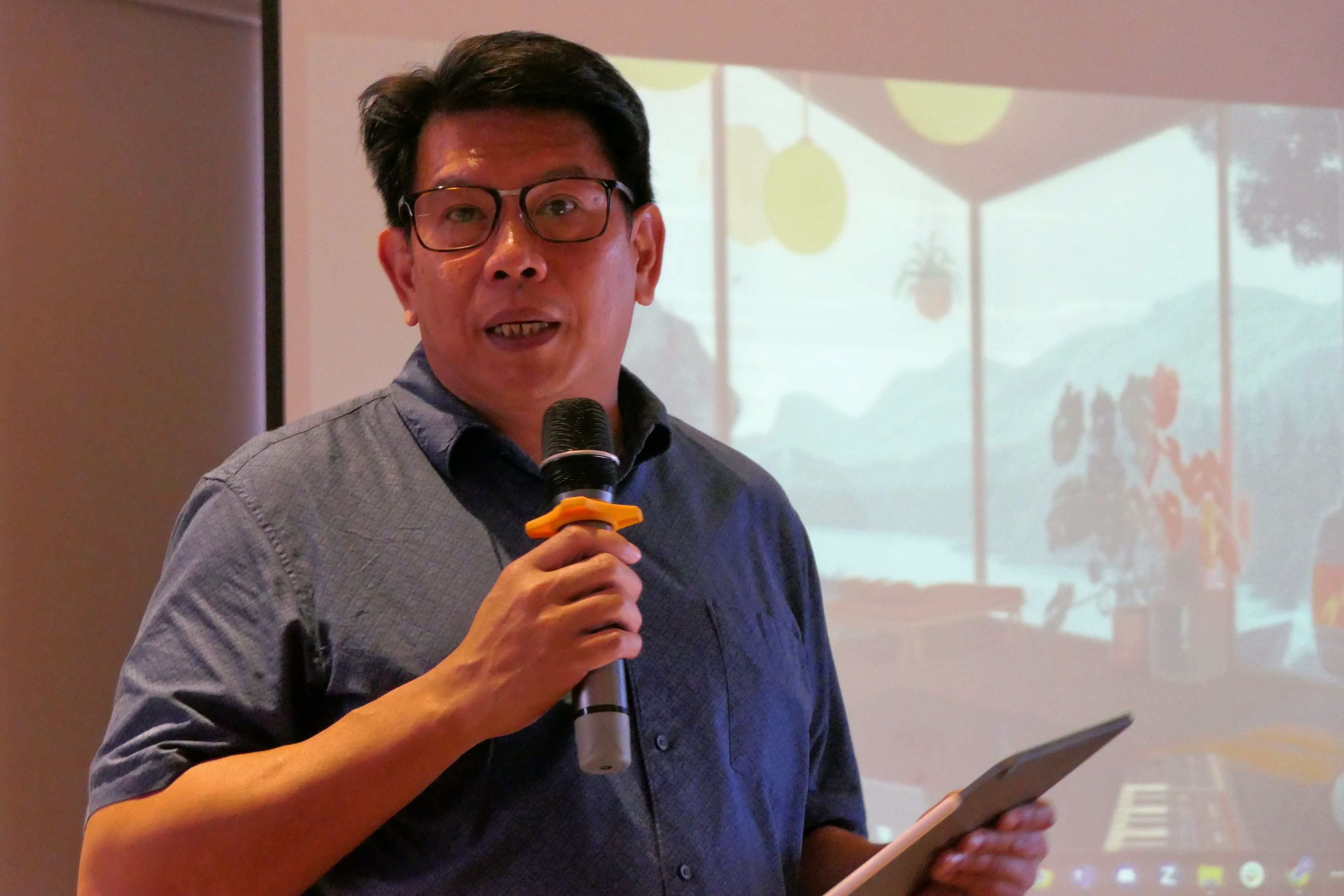Q&A: Understanding the Potential of Indonesia China Tie-Up in Solar Energy

A conversation with Fabby Tumiwa, Executive Director at Institute for Essential Services Reform (IESR).
Indonesian President Joko “Jokowi” Widodo has asked the Ministry of Investment to look for investors who would be interested in projects outside nickel and tin. Apparently, the president has identified quartz sand – the raw material for solar panels – as the next promising sector.
A plan to downstream quartz and silica sand is now in the works, with the Ministry of Industry preparing a 2025-2035 roadmap to produce silicon wafers for the photovoltaic and semiconductor industry, the government’s news portal said.
The country is sitting on potentially 25 billion tonnes of quartz sand and proven reserves of about 330 million tonnes. The commodity can be found on almost every island in Indonesia, with impurities varying across 23 provinces.
In 2020, China began to import the sand from Indonesia, driving prices up, according to the Indonesian Quartz Miners Association.
I spoke with Fabby Tumiwa, an Executive Director at the Institute for Essential Services Reform (IESR) and an expert in renewable energy, energy efficiency, and climate change policies, to understand more about China’s investments into Indonesia in these sectors, particularly in quartz and silica sand.
Our conversation has been lightly edited for clarity.
Leo Galuh: For all the jargon coming from the West about climate change and ESGs, China appears to be one step ahead in terms of actually investing in renewable energies. How important is it for Indonesia to cooperate with China? And how can the partnership pay more attention to ESG standards?
Fabby Tumiwa: Indonesia is looking for investments, and we can see that China is the largest producer of solar modules, with 85% of their output exported globally. It is natural for them to seek expansion by examining Indonesia's resources.
China is taking a more pragmatic approach. They are less stringent when it comes to ESG issues, which are important, but are neither easy nor practical to implement. China has its own guidance on how Chinese companies invest outside of China.
Meanwhile, Indonesia is all about speed. But it shouldn’t sacrifice the environment and human rights in the name of investment. Indonesia should develop ESG-focused guidelines for foreign investments. The goal is to create a level playing field by not allowing ESG-weak investments in Indonesia like nickel.
The goal is to attract investors who adhere to high ESG standards. Indonesia possesses the necessary standards, human resources, and the market. The next cabinet could issue higher-standard guidelines for foreign investment in natural resources. We cannot relax our stance on human rights and the environment.
Leo Galuh: This move to invite foreign investors to develop quartz sand reminds us of what happens in Morowali and Weda with nickel. What are the future implications for this commodity, and what can we learn from our previous experience in nickel?
Fabby Tumiwa: When the downstreaming of nickel began, the industrial complexes in Morowali and Weda began operating when we were still uncertain about environmental standards, which had some consequences.
We can see that skilled labor is required, and we did not have enough of it previously. We now know what we must. In terms of mining and processing governance, the government must insist on the standards and have foreign investors agree to comply with Indonesian regulations. In 2014, the Chinese government issued guidelines for companies investing abroad. So now we can use those guidelines to force Chinese companies to comply. We emphasize on compliance.
Create a level playing field, and Western investors will be required to adhere to the same standards. It isn't always about China outperforming others.
Leo Galuh: What are the challenges and opportunities within the Southeast Asian region, with its abundance of natural resources, to accelerate the transition to renewable energy, particularly solar?
Fabby Tumiwa: ASEAN has tremendous potential. The industry already exists; what needs to be developed is the supply chain. ASEAN can establish a supply chain for solar modules.
Starting with quartz sand, producing ingots, silicon, wafers, solar cells, and glass, particularly low iron glass. It is difficult for each ASEAN country to build a large glass factory on its own because a long supply chain is required.
The challenge is figuring out how to develop a strategy for such a large industry. China and India are ASEAN's competitors. ASEAN can collaborate with companies from these two countries to build supply chains. For future energy security, ASEAN must establish this supply chain to reduce reliance on imports.
Fabby Tumiwa is the Executive Director IESR and an energy transition strategist advising government agencies, businesses, NGOs, and multilateral development organizations for more than 20 years. He was one of the founders of the Indonesia Solar Energy Association (ISEA) in 2016 and served as its Chairman in 2021.
***

